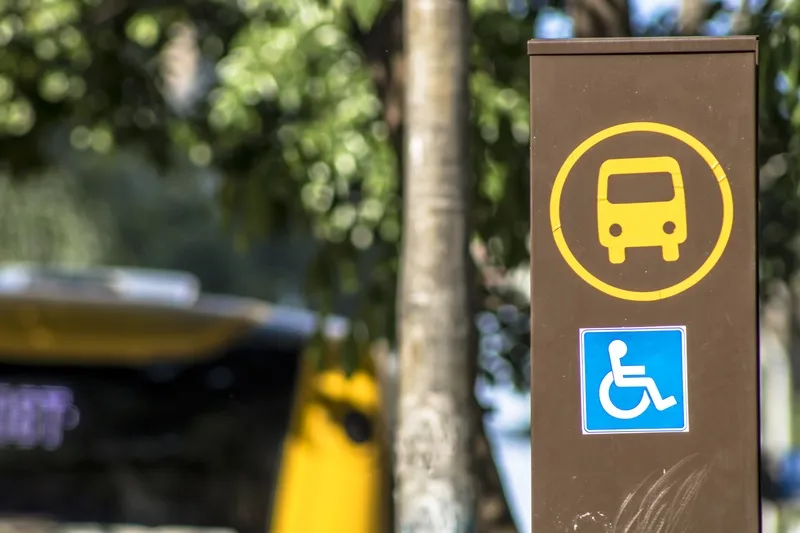
US whistleblower Edward Snowden made millions of people aware of just how closely governments are scrutinising their private affairs. Nobody objects to law enforcement agencies uncovering terrorists’ funding sources, but the idea that bureaucrats can look into ordinary citizens’ financial and personal affairs makes many uncomfortable. The thought that criminals can do the same is even more alarming. With this in mind, Room 3 will be the venue for ‘Privacy in the digital society (Secure identity, fraud, ID management)’. Nick Smaling, managing consultant at Deloitte, will chair the session, which starts with ‘The future of eID’. This will preview Eurosmart’s forthcom- ing position paper on eID in the public domain in Europe. Innovative security solutions to ensure privacy will also be on the agenda, together with a report on the first live trials of contactless biometric card transactions undertaken by one of Norway’s banks. What lessons have been learned?
‘Privacy in the digital society’
9:30 - 17:00, Room 3









